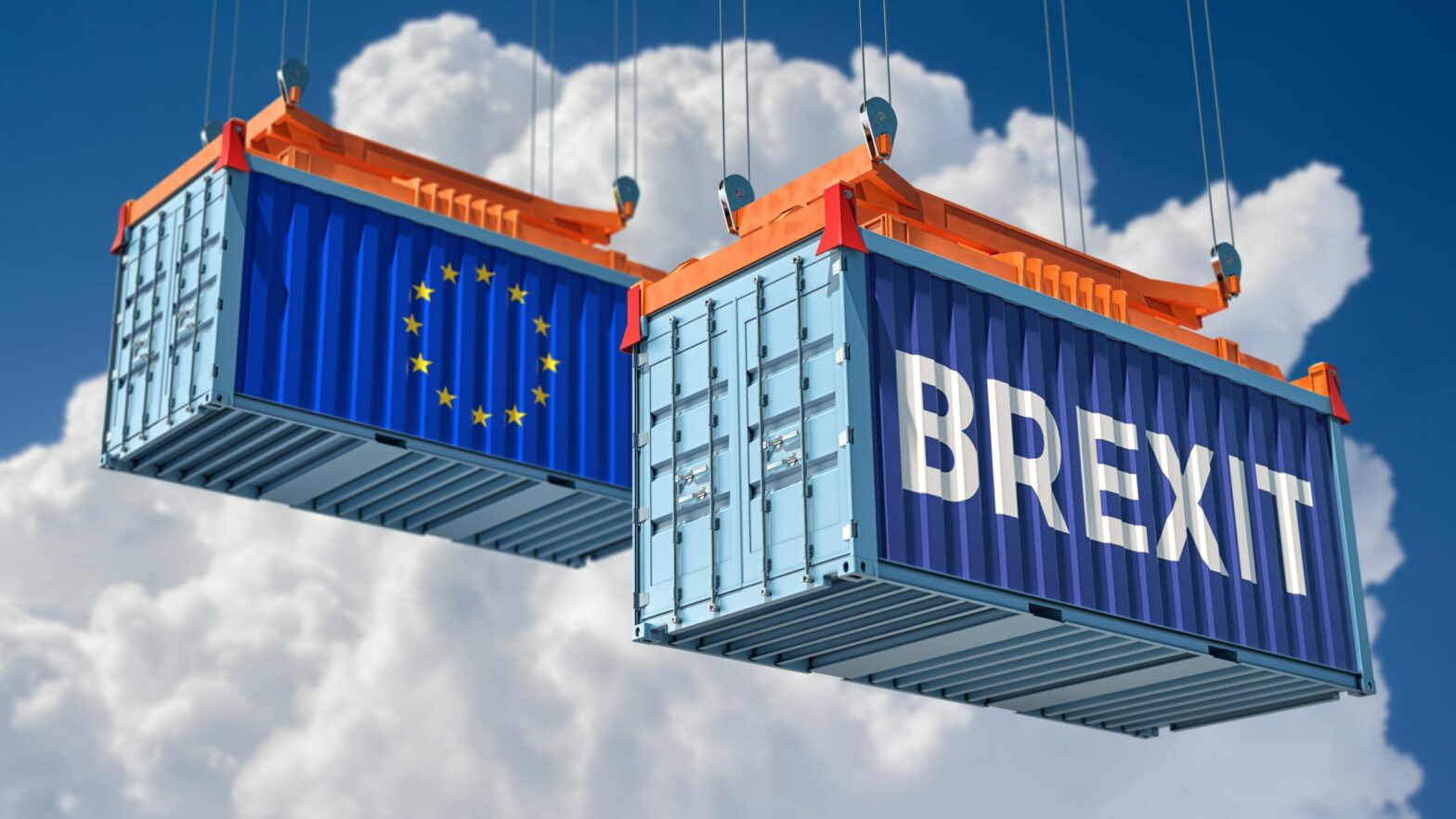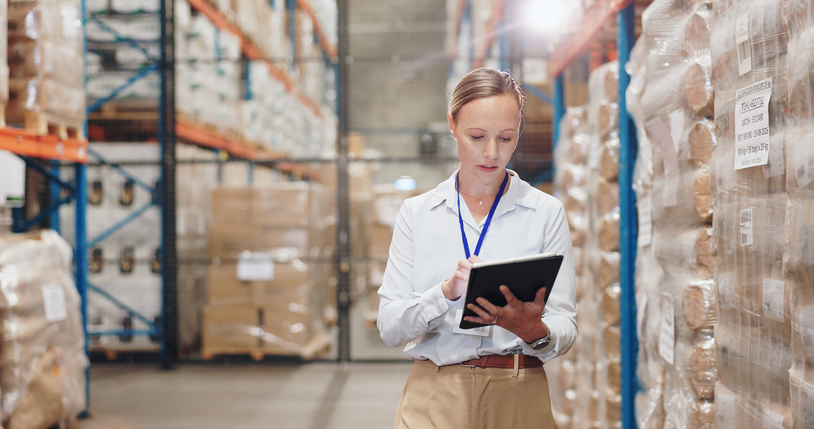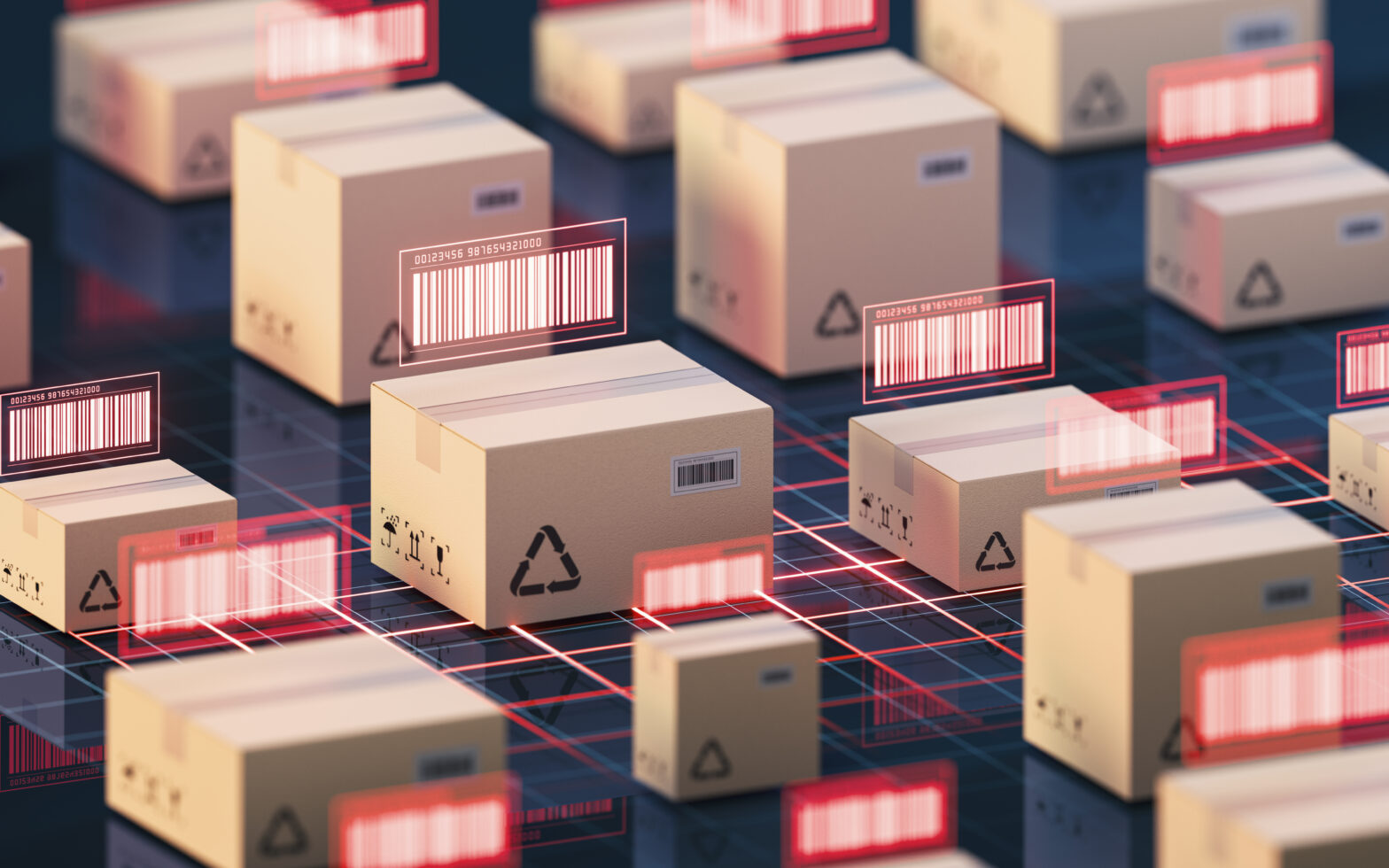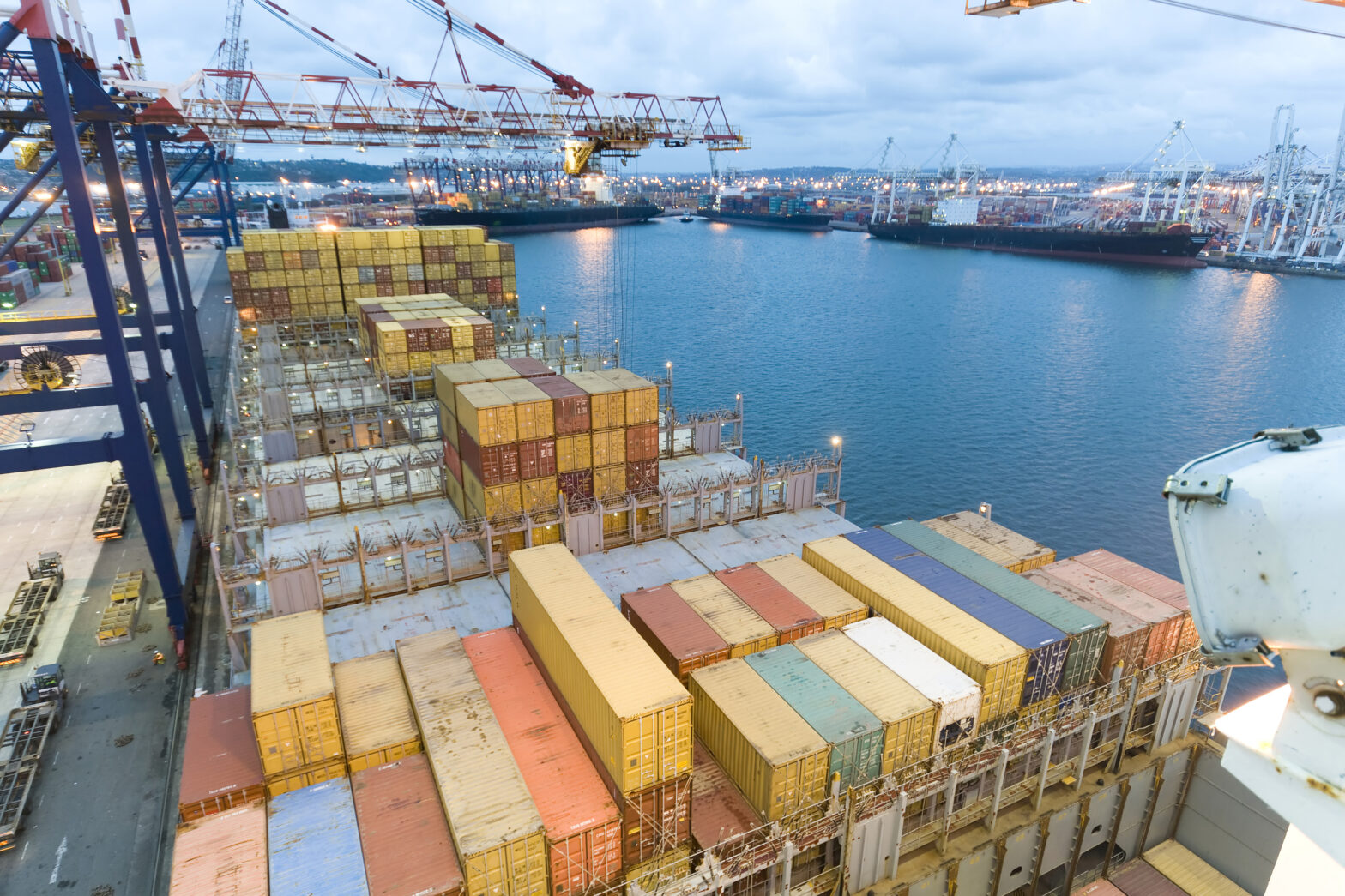You will have to declare all post Brexit imports
As EU businesses, UK retailers did not previously have to declare goods arriving from suppliers also within the EU. Post Brexit, all businesses will have to declare all imports arriving from within the EU. This is already the case for importing from non-EU countries such as the USA, China and other non-EU countries such as Switzerland, Lichtenstein, Norway and Iceland.
You can make the declarations yourself, but most businesses use a courier, freight forwarder or customs agent.
If you want to declare customs yourself, discover what to do here.
On the other hand, if you want to use a customs agent or freight forwarder you can find a list here.
New rules for certain types of goods
There will be different rules for importing goods in categories including food, seeds, alcohol and tobacco. You may need to update the licenses and certifications for any products you import that fall under these categories.
- Find out more about licences and certifications here
- Find out more about rules for food, seeds and manufactured goods here
- Find out more about rules for alcohol, tobacco and certain oils here
You will need an EORI number
If you already import from non-EU countries, you will already have an EORI number. EORI stands for Economic Operators Registration and Identification and is a European Union registration and identification number for businesses which undertake the import or export of goods into or out of the EU. If you do not have an EORI, you may have increased costs and delays.
>See also: EORI number: What it is and how to get or check one
You will have to pay VAT on goods imported from EU
Currently (pre-Brexit) when buying goods as a business from the EU the purchase from the supplier is “zero-rated”. The tax is handled by accounting for UK domestic VAT through your UK VAT return at the same rate as if you had purchased from a UK supplier and then recovering it through the same VAT return; there are no additional duties or import VAT on any purchases within the EU.
This will no longer be the case post Brexit January 1
For any goods above £135 you will likely have to pay Import VAT (20 per cent) when the goods arrive in the UK. Import VAT is usually payable on the import value of the goods, including any shipping costs and duties, so the total amount of VAT may be slightly higher than the equivalent domestic VAT.
HMRC will send a certificate (C79) for the Import VAT declared to the EORI-registered person whose VAT registration number is shown in box 8 of the import declaration. Without the C79 it is not possible to recover the Import VAT through your VAT return.
For shipments under £135, the EU seller has to VAT register in the UK and charge you UK VAT.
Since the VAT is claimed back, these new rules have a bigger impact on your cash flow, as you have to pay the import VAT in advance and then later claim it back.
Regardless of whether the UK government and EU agree a free trade deal, it is likely the above changes to VAT will remain.
You may also have to pay tariffs on EU goods
In addition, and depending on whether a Brexit trade deal is reached, you may also have additional tariffs where the value of imports is over £135. The amount depends on the type of product and typically is in the range of 0 per cent to 10 per cent. Currently no trade deal has been negotiated, which means standard “third country” tariffs will have to be paid, these can be found here. If a trade deal is struck – these tariffs may be reduced or eliminated.
Many shipping services will charge an additional fee for handling additional taxes and tariffs.
5 questions to ask yourself before importing
The first thing you need to do is understand what impact these changes will have on the total cost of the goods you are importing.
To do these you need to be able to answer these six questions – and if you are unsure you should clarify with your suppliers.
- When I purchase these goods, am I purchasing it from the UK, EU or outside the EU?
- If I am going to be purchasing from the EU, is there a UK distributor I could purchase from instead? Is your EU planning to arrange a UK distributor and will the prices I am currently paying change?
- If there is no UK Distributor, check your supplier will use your EORI number and include it on the declarations so you can recover Import VAT
- What does the price I am paying include? Does it include import VAT and duties, or will I be liable for paying them myself?
- Will there be any additional charges I have to pay?
If you are going to be liable for the duties and import VAT and you want to understand how much they will be, you need to ask your supplier for the HS6 code of each product – this allows you to look up how much the duties will be. You can find HS codes here.
This will allow you to understand the “Landed Cost” – the total price you will have to pay will be, which will then allow you to make sure your pricing and margins still work.
You can defer customs declarations for up to 6 months
To lighten the administrative post Brexit load, you may be eligible to defer customs declarations on imports for up to six months. To find out more about delaying customs declarations, go here.
Further reading
Getting ready for Brexit – 6 steps you need to take to prepare





